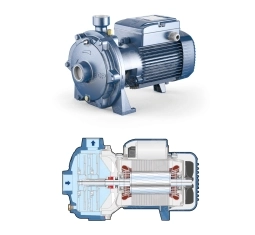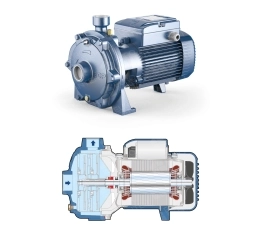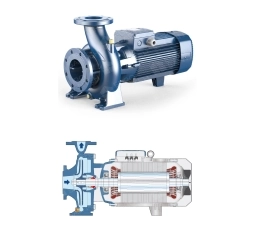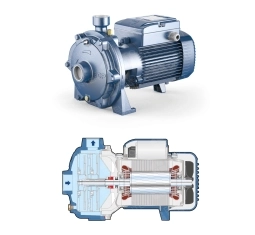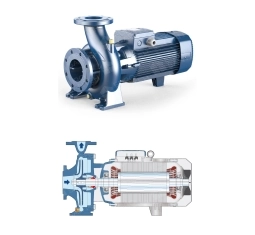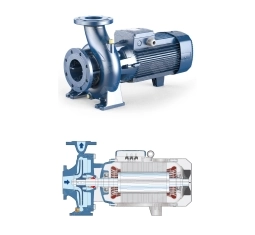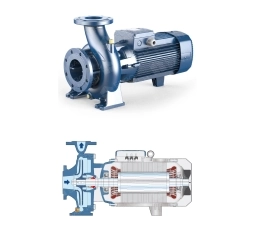Water centrifugal pumps
Water centrifugal pumps are vital components in various industries, offering efficient fluid transportation solutions across a wide range of applications. These pumps utilize the centrifugal force generated by a rotating impeller to propel water through piping systems, making them indispensable in processes requiring reliable and consistent water flow. Let's delve deeper into the workings, advantages, and applications of water centrifugal pumps.
The principle behind water centrifugal pumps is relatively straightforward yet highly effective. As water enters the pump housing, it encounters a rapidly rotating impeller. The impeller's vanes impart kinetic energy to the water, causing it to accelerate radially outward. This acceleration creates a pressure gradient, forcing the water to move from areas of high pressure near the impeller to areas of lower pressure near the pump's discharge outlet. Consequently, water is efficiently propelled through the piping system, meeting the desired flow requirements.
One of the primary advantages of water centrifugal pumps is their versatility. They can handle a wide range of water volumes and pressures, making them suitable for diverse applications. Whether it's transferring water from one location to another, circulating water in industrial processes, or boosting water pressure in municipal water supply systems, these pumps offer reliable performance across various scenarios.
Efficiency is another hallmark of water centrifugal pumps. Their streamlined design and optimized impeller geometry minimize energy losses, resulting in high pump efficiency. This efficiency not only reduces operational costs but also contributes to environmental sustainability by conserving energy resources.
Moreover, water centrifugal pumps are renowned for their robustness and reliability. Constructed from durable materials such as stainless steel, cast iron, or reinforced plastics, these pumps can withstand harsh operating conditions and prolonged use without compromising performance. Regular maintenance and periodic inspections further enhance their longevity, ensuring uninterrupted operation in critical applications.
In industrial settings, water centrifugal pumps play a pivotal role in processes such as water treatment, cooling, and circulation. They facilitate the movement of water through filtration systems, heat exchangers, and industrial machinery, contributing to efficient operation and process optimization. Whether it's supplying cooling water to power plants or circulating process water in manufacturing facilities, these pumps are indispensable assets in industrial infrastructure.
Water centrifugal pumps also find extensive use in agricultural applications, where they serve irrigation systems, livestock watering, and crop spraying equipment. By delivering water with the required flow rates and pressures, these pumps help optimize crop yields, conserve water resources, and sustain agricultural productivity.
Furthermore, water centrifugal pumps play a crucial role in building services, including HVAC (Heating, Ventilation, and Air Conditioning) systems, plumbing networks, and firefighting systems. They ensure adequate water circulation for heating and cooling purposes, maintain water pressure in distribution networks, and provide reliable water supply for firefighting operations.
In conclusion, water centrifugal pumps are indispensable assets in various industries and applications, thanks to their efficiency, reliability, and versatility. Whether it's transferring water, circulating fluids, or maintaining water pressure, these pumps deliver consistent performance and play a vital role in supporting critical processes and infrastructure worldwide.
